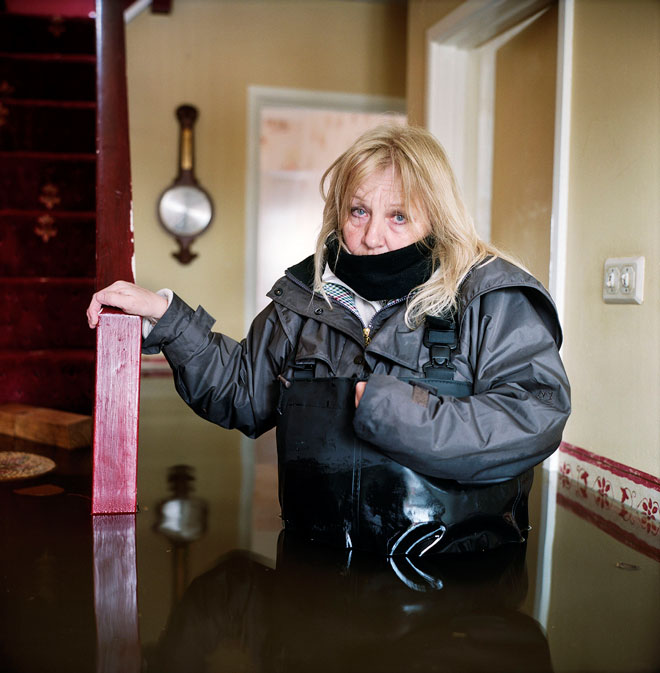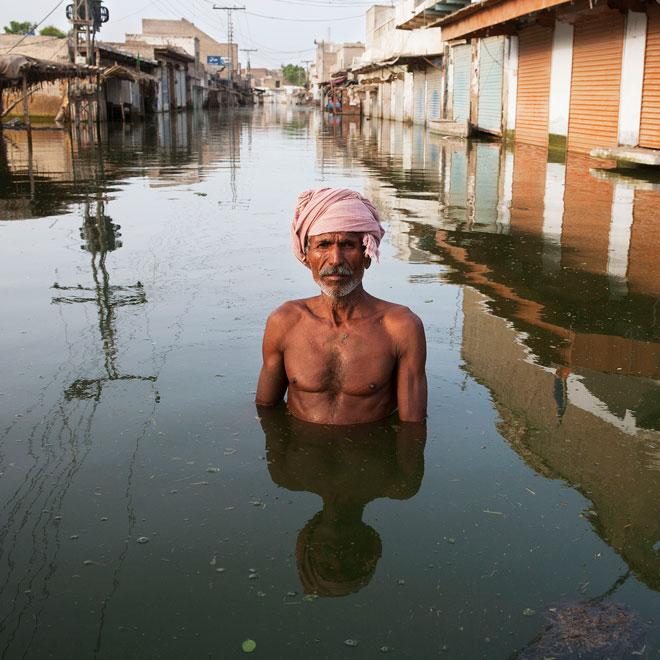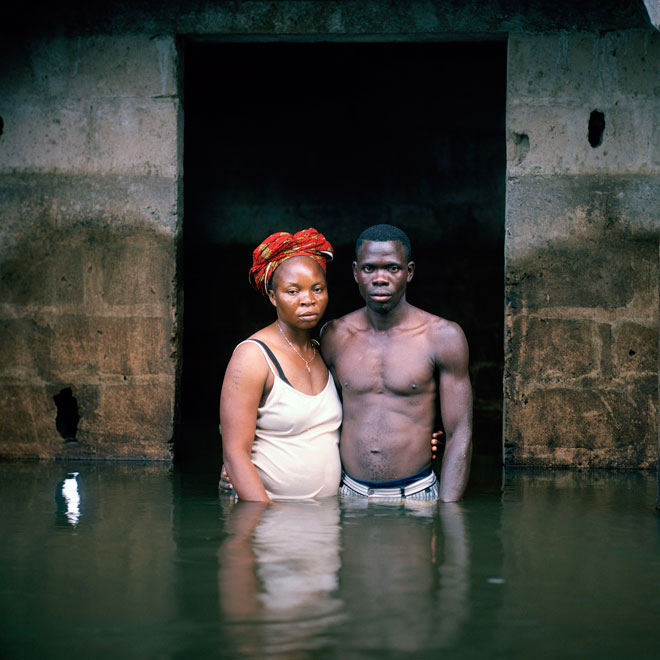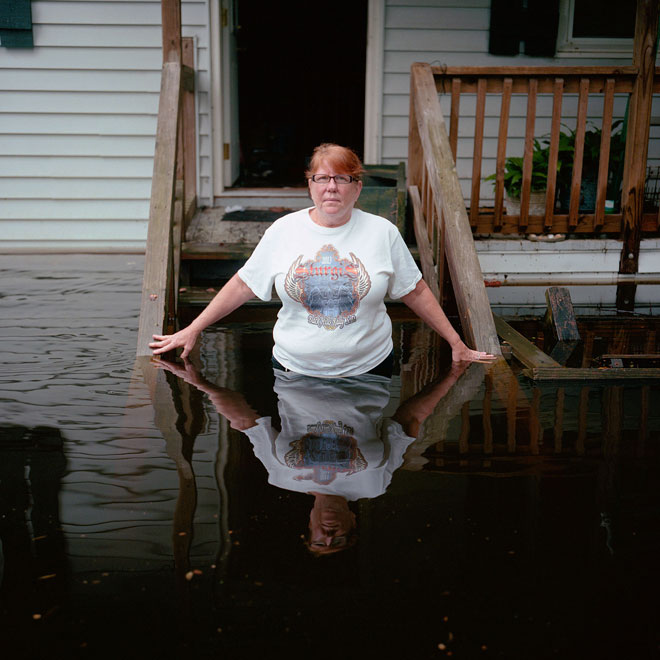Plan B is taking the UK govt to court, for missing its climate change targets. And they're putting the law in people's hands





What can individuals do to affect the behaviours of governments and corporations (especially when they're not responding fully to the challenge of climate change)? We know how movements and protest actions and elections work - or as often as not, don't.
But is there a way to use litigation - bringing law suits against these powers - that could cut through the clouds of struggle, like a lightning flash? Successful cases brought against big tobacco, or in civil rights legislation to desegregate schools, show how law can be used as an arrowhead for movements. Now a UK-based group wants to bring a climate-change case against the Westminster government.
Welcome to Plan B - and here is their plan:
The Case
Climate change represents the most significant threat of our time. Even with the current 1˚C of warming, hurricanes, drought, flooding and wildfires are gathering momentum, stoking conflict, driving mass displacement of people and destabilising our way of life. If we go much further, we risk crossing ‘tipping points’ in the climate system (such as Arctic meltdown and rainforest burn) with dire consequences for humanity and life on earth.
But if the Government acts now, there’s also an immense opportunity. An urgent transition to a new energy base will deliver millions of new jobs and businesses in clean technologies.
The UK Government claims to "lead international action against climate change". In reality it's leading us and others only closer towards the brink - we want to change that and change it urgently.
More specifically the Government knows its 'carbon target' for 2050 doesn't match the science or its legal obligations. It knows it’s not enough to keep us safe. So we’re taking it to court.
The purposes of the Climate Change Act and the carbon target are:
(i) to avoid serious harm to human welfare, now and in the future, and
(ii) to implement the Government's international obligations.
The Government is acting contrary to those purposes, which is unlawful. We argue it is also irrational, based on an error of law and a breach of human rights.
What are we trying to achieve?
If successful, the case will prompt Greg Clark (Secretary of State for Business, Energy and Industrial Strategy) to increase the ambition of the UK’s 2050 carbon target, in line with the Paris Agreement, helping to:
(i) safeguard the future for people and life on earth
(ii) drive the investment and technical innovation needed to stay safe and to transition to a clean economy.
The case is part of a growing global movement to hold governments and corporates accountable for climate change through the Courts.
Plan B have some substantial supporters - including the UK former chief government advisor, Professor Sir David King. And as they say, they are not alone - this Guardian article covers a planet-wide range of similar climate-based cases. James Hansen, the ex-NASA head and climate-change leader, also supports Plan B and the rising wave of legal challenges.
The UK case is beginning to make its way through the British courts - and they are looking for public support of all kinds. They have a legal crowdfunder which is close to its target. They have some great hashtags - #litigatetomitigate, #thereisaplanb - and a strong Twitter and Facebook account.
But they're also looking to see a strong crowd for their opening legal date at 4 July, 09:00–16:30, at the Royal Courts of Justice, WC2 R1 London, United Kingdom (see their Facebook event page). In their words: "It’s important that we fill the court room (and the street outside) and send a message that this case is for everyone and everything!"
In correspondence with us, Plan B's head, ex-government laywer Tim Crosland, says:
We hope our action encourages people to see the law not just as something that is used against citizens, but as a tool to be used for citizens, where government and others are failing their critical responsibilities. We're all equal before the law (as long as we've got good lawyers on our side!).
In Canada, native communities have gone back to historic treaty rights, preserving their fishing rights, to take legal action on climate change, and empowering local communities to safeguard their way of life is at the heart of the global climate justice movement.
Further material from Plan B here, with excellent pages on context and purpose.

